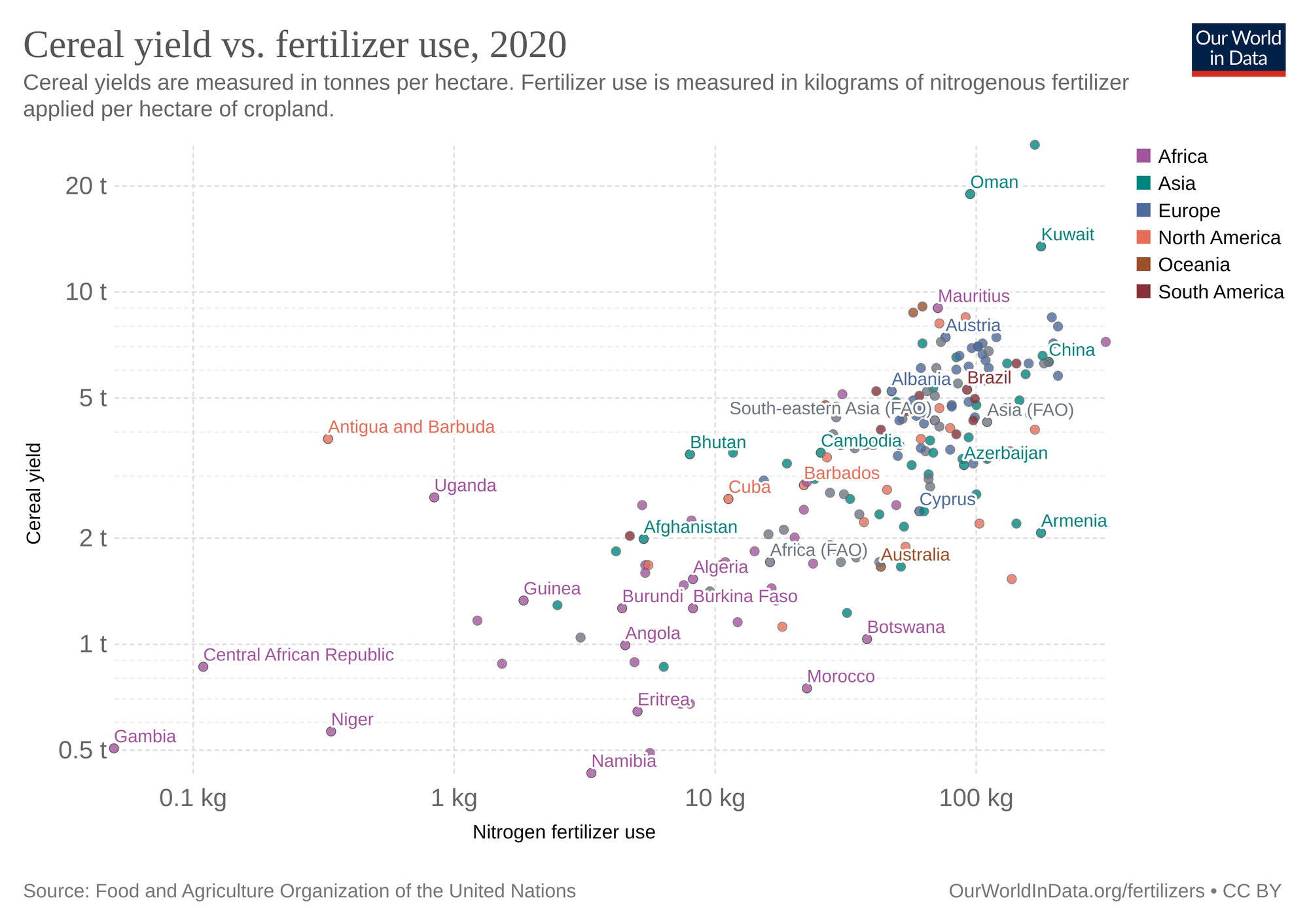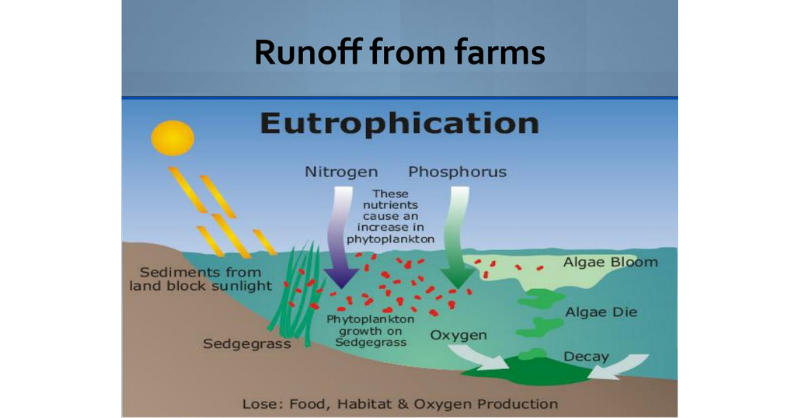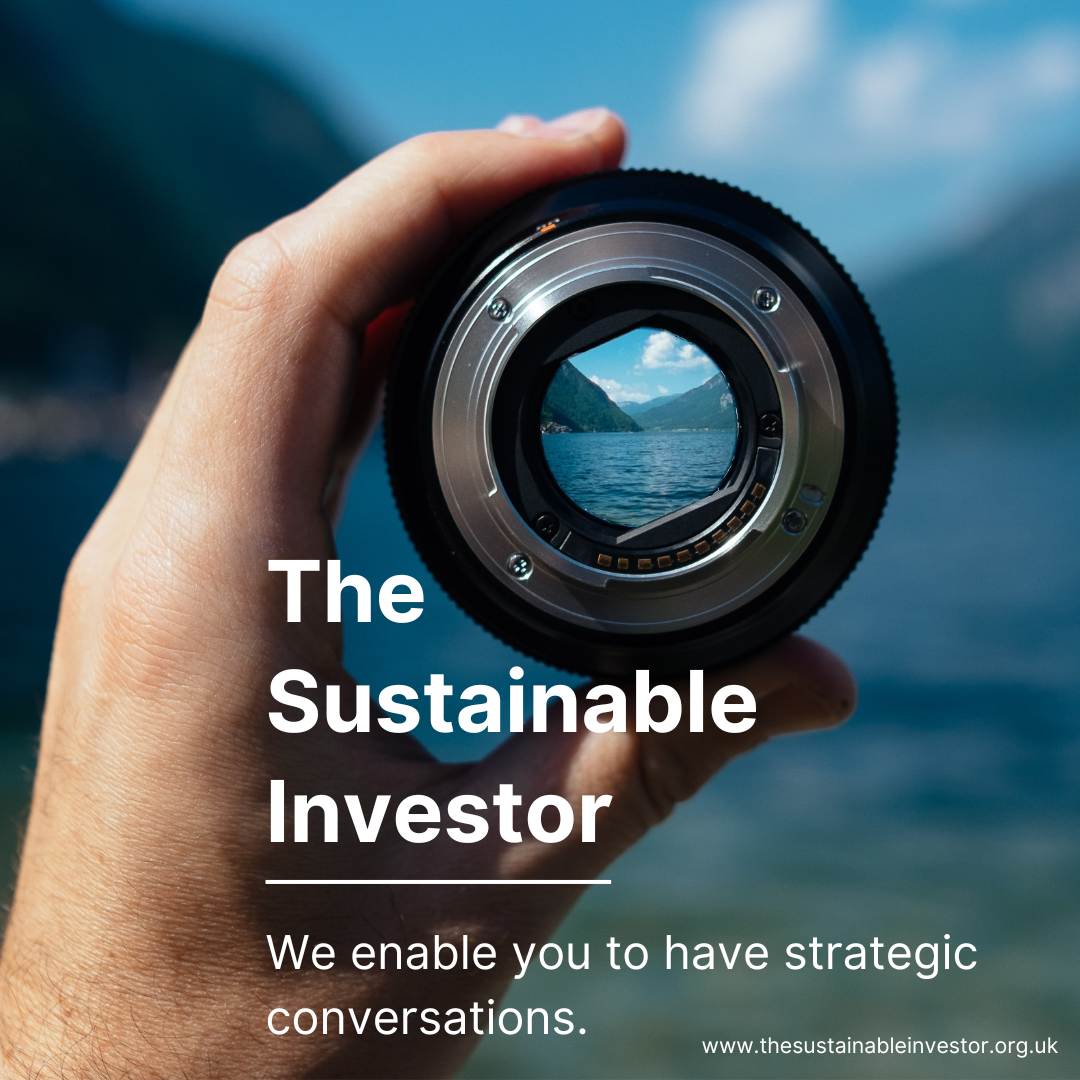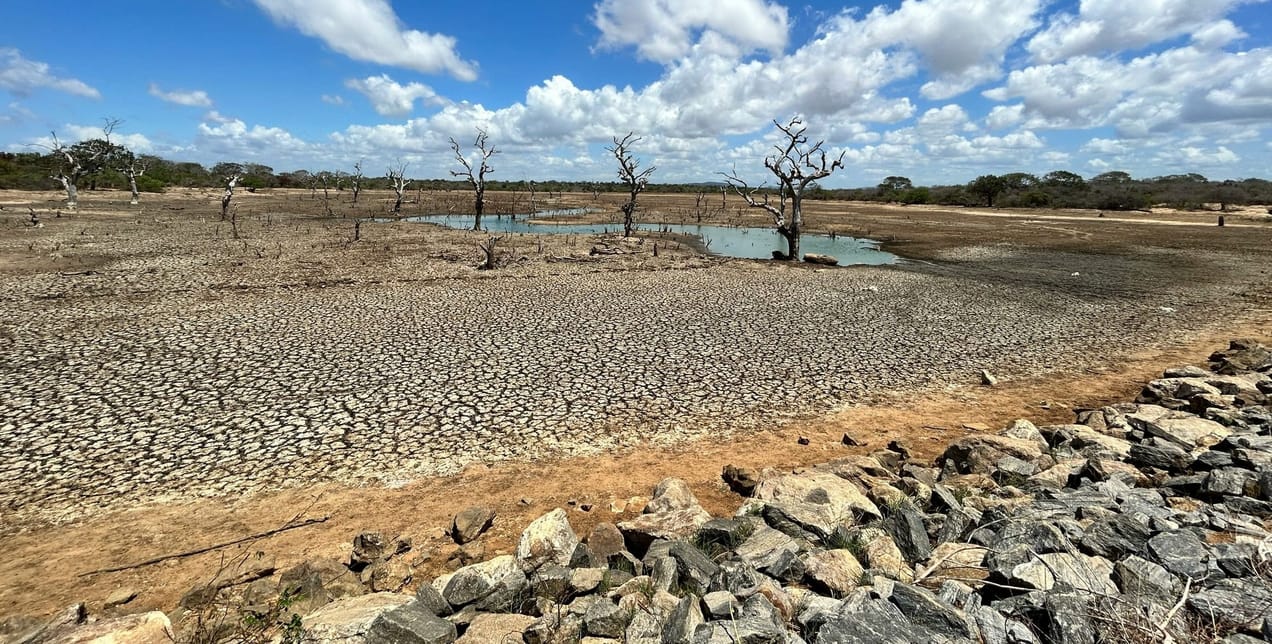
Why we need to cut fertiliser use
Yes, fertiliser is really important, its a big part of the 'green revolution' that enables us to feed the world. Fertiliser runoff pollutes our waterways and excess fertiliser can pollute and deplete our soils. And, for farmers, if they use too much, its wasted. An expense they didn't need to make.
Summary: Yes, fertiliser is really important, it's a big part of the 'green revolution' that enables us to feed the world. But, you can have too much of a good thing. Fertiliser runoff pollutes our waterways, and excess fertiliser can pollute and deplete our soils. And, for farmers, if they use too much, it's wasted. An expense they didn't need to make.
Why this is important: Fertiliser is an expensive input for many farmers, sometimes so expensive they just cannot afford it at all. Given this, it is somewhat surprising that many farmers continue to over apply fertiliser, well past the scientific economic level. 'Ecological intensification practices' can reduce the application levels even further. This improves the economics for farmers, and helps the environment - even before we think about alternatives to synthetic fertilisers.
The big theme: Agriculture sits at the intersection of a number of UN Sustainable Development Goals (UN SDGs). Reforming agriculture is going to require massive social and economic change, and a lot of disruption - to production methods, to supply chains and to employment. It’s not clear (yet) that the political will to change fast enough really exists, which could mean faster and more dramatic change needs to come in the future.
Many farmers still over apply fertilisers. The reasons for this are complex. For many farmers it's a risk minimisation technique. If the recommended application is good, then more must be better. For others is caution. Farming is financially precarious, a bad harvest can be devastating.
But, whatever the reason, it's clear that as a planet we are using too much synthetic fertiliser, and that this overuse is leading to material damage to our environment. One obvious answer is get farmers who apply too much to reduce the rate at which they apply fertiliser. And for those who currently apply too little, to use other techniques, such as ecological intensification, instead. And of course, there are other technologies such as biologicals (but that's a topic for another blog).

The Detail
Summary of a report published in The Conversation
- To sustain agriculture it is necessary to minimise the use of inputs like fertilisers, and support crop growth in other ways. One approach is through increasing ecological functioning within farms. This means enhancing relationships between different on-farm organisms, including crops, livestock, microbes, and wild plants and animals. Using these relationships to support crop yields is called “ecological intensification”.
- The study shows that ecological practices usually increased yields when added to a farming system. However, the benefits of crop diversification, fertility crops and adding organic matter were typically high when synthetic nitrogen fertiliser use was low. Often there was no benefit when nitrogen fertiliser use was high. This showed us that you can use either an ecological practice or a nitrogen fertiliser to increase yields. But if you use both together, the effect is the same as using either one.
Why this is important?
- Yes, we know that fertilisers help farmers feed the world. For instance, data from the Food and Agriculture Organization of the UN (FAO) suggests a positive correlation between nitrogenous fertiliser use and cereal crop yields, specifically those harvested for dry grain (so not including fodder or industrial crops)

But do we need to use so much? No we don't.
- Wuepper et al, in a 2020 paper published in Nature Food, found evidence of the overuse of fertiliser. The study also found that in many cases using less fertiliser didn't seem to reduce farmers yields ie lead to smaller harvests per acre.
"... there is only a small trade-off between reducing nitrogen pollution and increasing yields. Overall, countries that cause 35% less nitrogen pollution than their neighbours only show a 1% larger yield gap (the difference between attainable and attained yields)..."
- And research from Gao and Serrenho from Cambridge University, estimated that a combination of scalable technology and policy solutions could reduce the emissions from manure and synthetic fertilisers by as much as 80% from current levels without a loss of productivity. And, the most effective way to do this is to reduce the amount of fertiliser being used.
“We’re incredibly inefficient in our use of fertilisers,” said Serrenho. “We’re using far more than we need, which is economically inefficient and that’s down to farming practices. If we used fertiliser more efficiently, we would need substantially less fertiliser, which would reduce emissions without affecting crop productivity.”
- This is not a new idea. Back in 1997 Yadav et al identified that US farmers were over using fertiliser, often well above the recommended rate (nearly 20% higher on average). They suggested that if farmers targeted their fertiliser applications better, taking account of local conditions, they could reduce fertiliser use without negatively impacting harvests.
- But what about farmers that currently use too little fertiliser, often because its just too expensive? As these farmers become wealthier, will they increase their fertiliser use, and in the process offset the reductions elsewhere? And will this mean that the problem just keeps getting worse as countries become more developed?
- A recent study from MacLaren et al suggests that this does not have to be the case. They found that:
'farmers could use ecological intensification techniques to reduce fertiliser use while maintaining the same yields. And alternatively, farmers who already used low or no fertiliser could increase their yields using the same approach.'
Editors note - Ecological intensification uses natural techniques to improve food production. This includes practices such as no-till farming and cover cropping to improve the health of the soil microbiome. This can reduce the need for chemical fertilisers, as well as improving the ability for soil to absorb and infiltrate water. This will be the topic of a future blog in this series.
Does fertiliser over use harm the environment? Yes it does.
- The evidence that the over use of fertiliser is bad for the environment is pretty overwhelming. A major FAO report stated that:
"The excessive use of fertilisers has detrimental effects that undermine the stability of ecosystems and the services they provide. Soil nutrients such as N and P are essential for crops, but once they leave the plant-soil system, they often become environmental polluting agents that are very difficult and expensive to retrieve. Globally, there is a scientific perspective that can be summarized in the phrase 'too much of a good thing'.... fertiliser overuse can lead to serious impacts on soils, freshwater, groundwater, air and biodiversity in terrestrial and aquatic systems"
- One problem that the over use of fertiliser can cause is what is known as Eutrophication (or algae blooms to you and I). Excess fertiliser runoff from farms can cause a build up of nutrients in a river or lake - leading to massive algae blooms. These blooms limit the amount of oxygen available, and as a result fish and plant life begins to suffocate and then die.

So what can we do?
- We know that the overuse of fertiliser leads to environmental damage, and that it's a material source of green house gas emissions. Plus, the research tells us that many farmers can safely cut back on fertiliser use and still feed the world. And that farmers who currently use too little fertiliser have alterative, more environmentally friendly, techniques to increase production. So, why is this a problem we haven't solved yet ?
- Part of the answer is financial incentives. Subsidies need to be refocused, as we are starting to see with the EU Farm to Fork strategy, part of the European Green Deal. And, we have to recognise that many companies are financially tied to the current system. But, that is not the total answer. We suggest part of the solution might relate to how farmers make decisions. This is where research such as the work of Begho et al might show the way. They looked at the behavioral factors associated with agricultural nitrogen emissions in South Asia. And they found that while there are structural barriers to change, one of the biggest challenges is communication.
Something a little more bespoke?
Get in touch if there is a particular topic you would like us to write on. Just for you.
Contact us
Please read: important legal stuff.

